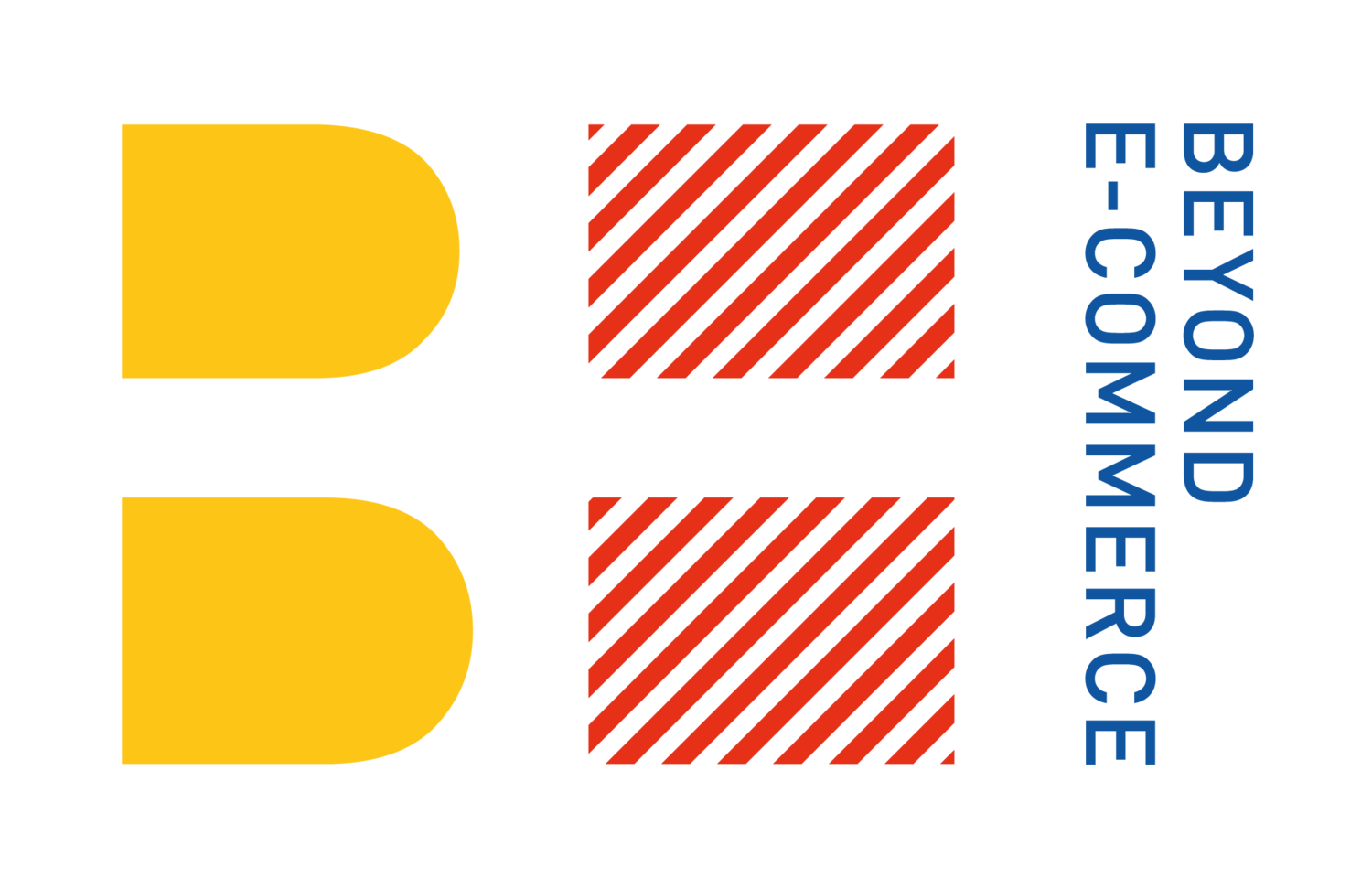Wird Dir künstliche Intelligenz Deinen Job wegnehmen?
Künstliche Intelligenz (KI) ist das neue Schreckgespenst unserer Arbeitswelt – eine Technologie, die, so scheint es, an unseren Fundamenten rüttelt. Ähnlich wie bei den Diskussionen über die industrielle Revolution oder die Einführung des Internets stellen sich viele die Frage: „Wird KI meinen Job übernehmen?“ Es ist eine nachvollziehbare Angst, denn nichts ruft größere Verunsicherung hervor als eine ungewisse Zukunft, die durch enorme technologische Fortschritte bestimmt wird.
Dabei darf man nicht vergessen, dass wir bereits in einer Welt leben, die durch technologische Transformationen grundlegend verändert wurde – und nicht zum ersten Mal. Die Industrialisierung brachte Dampfhämmer und Förderbänder in die Arbeitswelt, was viele Jobs obsolet machte, aber auch neue Berufsfelder schuf. Die digitale Revolution wiederum machte die „Wissensgesellschaft“ zu einem Begriff und veränderte den Fokus von Muskelkraft auf Kopfarbeit. In dieser Hinsicht ist KI nur der nächste Schritt – und zwar ein Schritt, der viel schneller geht als alle vorherigen.
Schöpferische Zerstörung
Joseph Schumpeter prägte den Begriff der „schöpferischen Zerstörung“, um zu beschreiben, wie Innovationen Altes zerstören, aber gleichzeitig Neues schaffen. Viele Jobs werden durch KI effizienter erledigt werden, aber es ist entscheidend zu verstehen, dass die Reaktion der Gesellschaft und Einzelpersonen auf diese Veränderungen von großer Bedeutung ist. Die Geschichte zeigt, dass wir uns an technologische Umbrüche anpassen, neue Rollen schaffen und neue Fähigkeiten entwickeln.
Gerade in diesen Übergangszeiten rückt die kreative Klasse ins Zentrum der Aufmerksamkeit. Die Fähigkeit, über bestehende Strukturen hinauszudenken, nicht bloß auf Effizienz, sondern auf Innovation zu setzen, wird in der neuen Welt unerlässlich. Kreativität, so lernen wir aus der Geschichte der Innovationen, ist die Triebkraft der Transformation. KI mag analytische Aufgaben schneller erledigen können als Menschen, aber ihr fehlt die Fähigkeit, das Unerwartete zu schaffen. Kreative Arbeit, die auf Ideen und Erfindungen basiert, bleibt daher menschlich.
Schuppenwechsel
Ein interessanter Punkt in dieser Debatte ist der „Schuppenwechsel“, den jede Gesellschaft durchläuft, wenn eine neue technologische Revolution Einzug hält. Wolf Lotter beschreibt, wie sich die Industriegesellschaft in die Wissensgesellschaft wandelte, wie alte Wertschöpfungsstrukturen an Bedeutung verloren und durch neue ersetzt wurden. Dasselbe geschieht jetzt: Die Ära der reinen Wissensarbeit stößt an ihre Grenzen. Es wird nicht mehr ausreichen, nur Informationen zu verarbeiten – vielmehr geht es darum, diese sinnvoll zu verknüpfen, neue Lösungen zu entwickeln und ethische Fragen zu beantworten.
Es ist entscheidend, wie wir mit den tiefgreifenden Veränderungen in der Arbeitswelt umgehen. Selbstverantwortung, die Bereitschaft zur Weiterentwicklung eigener Fähigkeiten und die Reflexion über den Wandel sind von großer Bedeutung. Diejenigen, die sich dem Wandel verweigern, werden die zunehmende Komplexität als bedrohlich empfinden. Diese Komplexität birgt Risiken, aber auch Chancen.
Mehr als nur Automatisierung
KI wird uns nicht „den Job wegnehmen“. Sie wird uns Arbeit abnehmen – und das ist ein großer Unterschied.
Die richtigen Fragen lauten daher: Wie nutzen wir die freigesetzten Kapazitäten? Welche neuen Berufsfelder entstehen? Wie können wir die neu gewonnene Zeit und Energie sinnvoll einsetzen, um uns auf das zu konzentrieren, was KI nicht kann: Kreativität, Empathie, strategisches Denken?
Die größte Gefahr besteht darin, zu glauben, dass alles so bleiben kann, wie es ist. Es gibt keine Stabilität in einer Welt, die sich stetig wandelt. Wer heute noch hofft, sein Job bleibe unberührt, irrt sich. Doch das muss nichts Schlechtes sein. Die Veränderung fordert uns heraus, unsere Rolle neu zu definieren. Wer sich auf diese Herausforderung einlässt, wird die Vorteile der KI nutzen können, anstatt von ihr überrollt zu werden. Der Mut zur Veränderung, der Wille zur Innovation und das Streben nach Selbstverwirklichung sind die Schlüssel, die uns die Zukunft eröffnen.
KI markiert nicht das Ende der Arbeit, sondern die Möglichkeit, Arbeit neu zu gestalten. Diese Chance sollten wir ergreifen.
